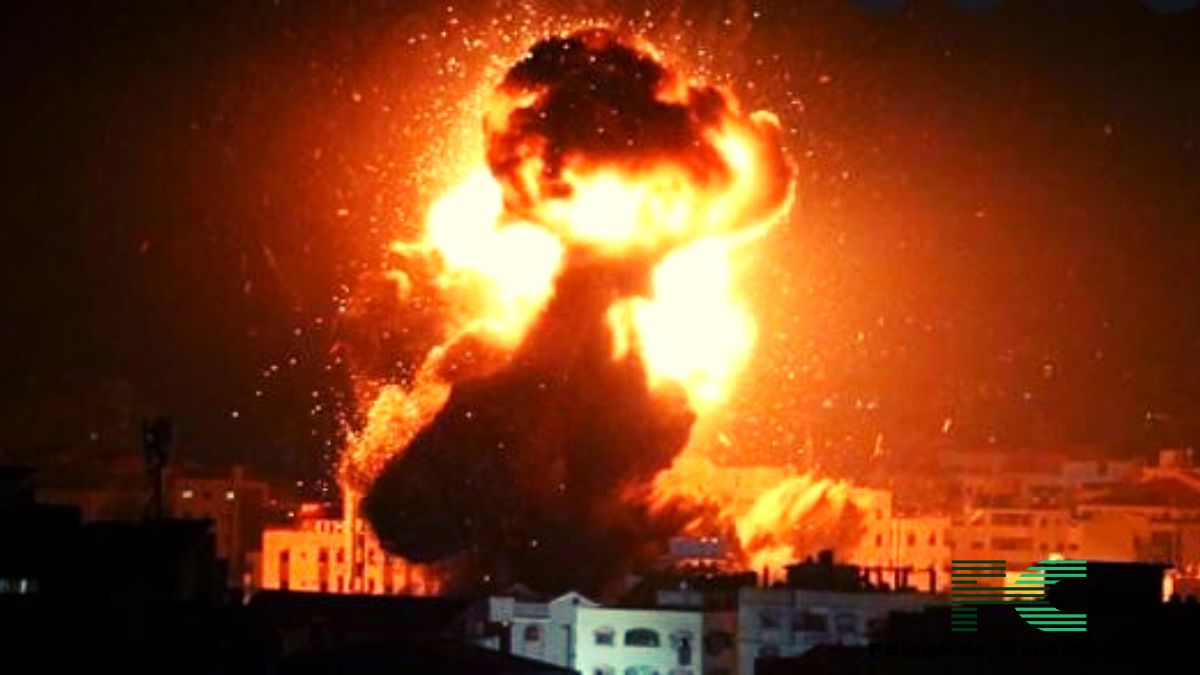In the ongoing Israeli-Hamas conflict, a significant development has been Egypt’s agreement to reopen its border crossing with Gaza to allow aid to reach Palestinians. However, this aid is unlikely to significantly improve the dire situation in Gaza, where Palestinians are focused on surviving Israeli air strikes and facing acute shortages of food and medicine.
The United States and Egypt have been working on a deal with Israel to deliver aid to Gaza, with up to 20 trucks expected to pass through the Rafah crossing from Egypt in the coming days. Still, Israel has stated that it will not allow aid through its crossing with Gaza until Hamas releases approximately 200 hostages taken during a cross-border attack on Israel. This conflict has already resulted in significant casualties, with the Gaza health ministry reporting 3,478 Palestinians killed and 12,065 wounded in Israeli air strikes since October 7.
The region remains volatile, and the recent explosion at Gaza’s Al-Ahli al-Arabi hospital, which killed 471 people, has been a source of controversy. Palestinian officials attribute the blast to an Israeli air strike, while Israel claims it was caused by a failed rocket launch by Palestinian fighters.
For Gaza’s residents, who have endured years of war, blockades, and unemployment, this latest escalation presents a monumental crisis. Families are seeking safety wherever they can find it, and the civilian population, especially children, is suffering from the devastating impact of the conflict. In a densely populated area like Gaza, the situation is dire, and the need for international assistance is evident.
Ultimately, this ongoing conflict highlights the urgent need for a peaceful resolution to avoid further suffering and destruction.














